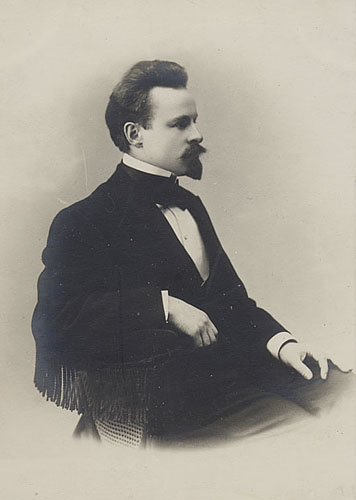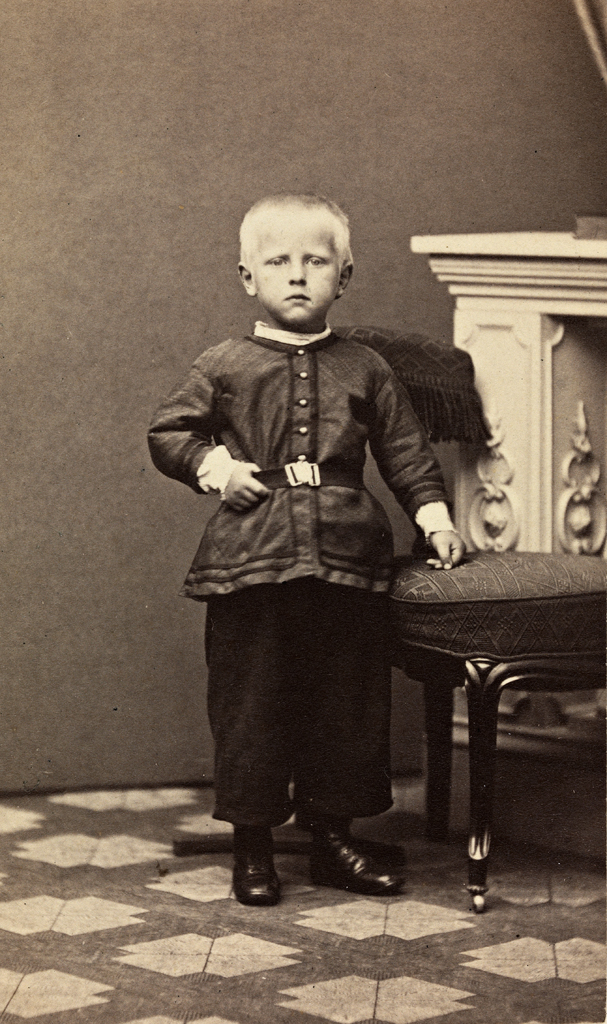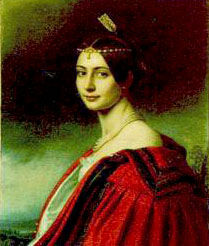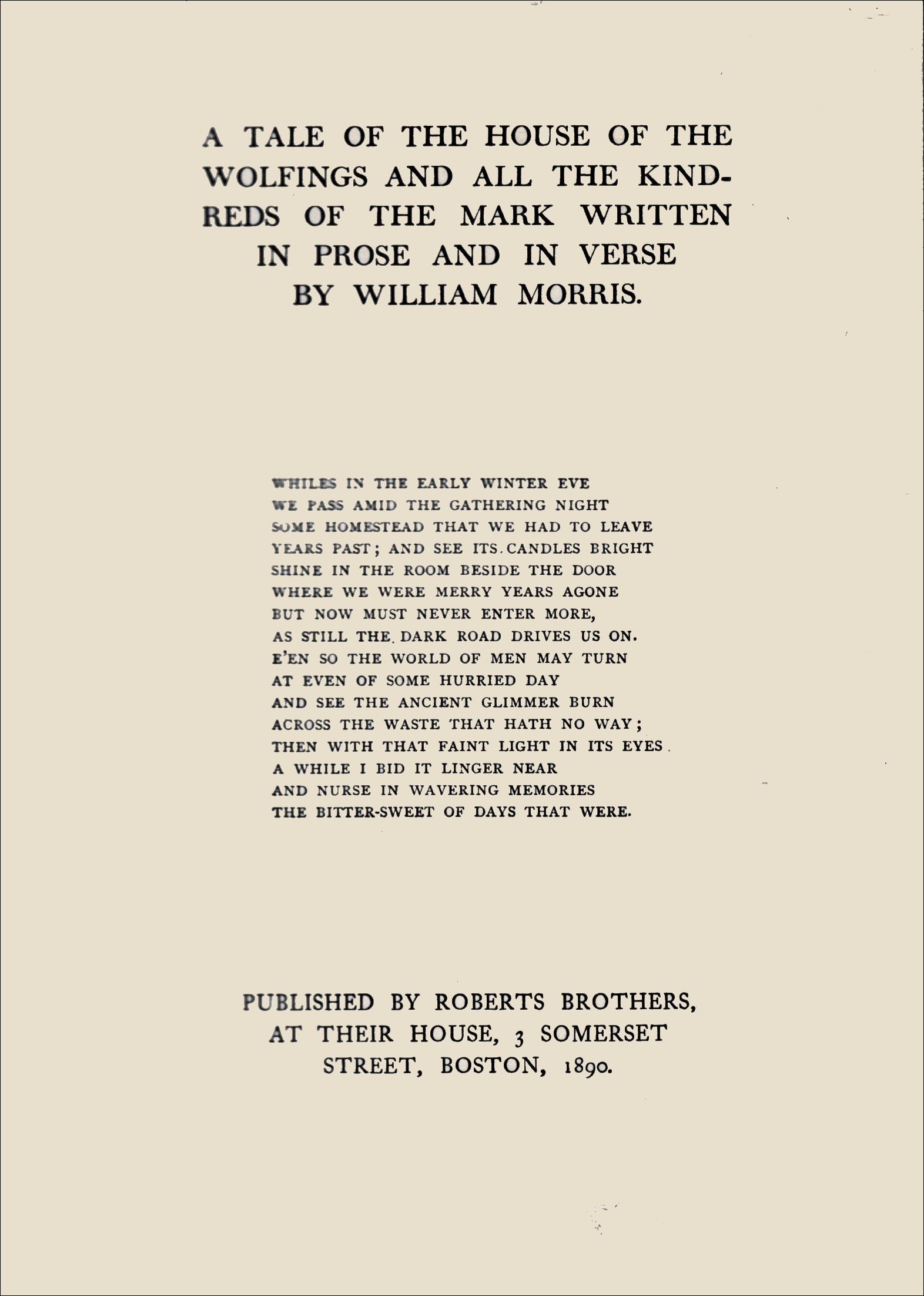|
Silence (Balmont)
''Silence'' (russian: Тишина, translit=Tishina, subtitled "Lyric poems", Лирические поэмы) is a third poetry collection by Konstantin Balmont, first published in August 1898 in Saint Petersburg, by Alexey Suvorin's Publishing House. Following '' In Boundlessness'' (1895), it features 77 poems, most of which were based upon the author's impressions of his 1896-1897 European journey which took him to Germany, France, Italy and Great Britain, where he read Russian poetry in Oxford. The book's epigraph, "There is some kind of universal hour of silence" (Есть некий час всемирного молчанья) comes from Fyodor Tyutchev's poem "Videniye" (The Vision, Видение). The book, divided into several cycles, was constructed as if it were a musical composition, poems linked both rhythms and inner associations. It bore the first marks of Nietzschean motifs and heroes, notably the "Elemental Genius," who transcends his own humanity in order to b ... [...More Info...] [...Related Items...] OR: [Wikipedia] [Google] [Baidu] |
Konstantin Balmont
Konstantin Dmitriyevich Balmont ( rus, Константи́н Дми́триевич Бальмо́нт, p=kənstɐnʲˈtʲin ˈdmʲitrʲɪjɪvʲɪdʑ bɐlʲˈmont, a=Konstantin Dmitriyevich Bal'mont.ru.vorb.oga; – 23 December 1942) was a Russian symbolist poet and translator who became one of the major figures of the Silver Age of Russian Poetry. Balmont's early education came from his mother, who knew several foreign languages, was enthusiastic about literature and theater, and exerted a strong influence on her son. He then attended two gymnasiums, was expelled from the first for political activities, and graduated from the second. He started studying law at the Imperial Moscow University in 1886, but was quickly expelled (1887) for taking part in student unrest. He tried again at the Demidov Law College from 1889, but dropped out in 1890. In February 1889 he married Larisa Mikhailovna Garelina; unhappy in marriage, on 13 March 1890 Balmont attempted suicide by jumpi ... [...More Info...] [...Related Items...] OR: [Wikipedia] [Google] [Baidu] |
Great Britain
Great Britain is an island in the North Atlantic Ocean off the northwest coast of continental Europe. With an area of , it is the largest of the British Isles, the largest European island and the ninth-largest island in the world. It is dominated by a maritime climate with narrow temperature differences between seasons. The 60% smaller island of Ireland is to the west—these islands, along with over 1,000 smaller surrounding islands and named substantial rocks, form the British Isles archipelago. Connected to mainland Europe until 9,000 years ago by a landbridge now known as Doggerland, Great Britain has been inhabited by modern humans for around 30,000 years. In 2011, it had a population of about , making it the world's third-most-populous island after Java in Indonesia and Honshu in Japan. The term "Great Britain" is often used to refer to England, Scotland and Wales, including their component adjoining islands. Great Britain and Northern Ireland now const ... [...More Info...] [...Related Items...] OR: [Wikipedia] [Google] [Baidu] |
1898 Poetry Books
Events January–March * January 1 – New York City annexes land from surrounding counties, creating the City of Greater New York as the world's second largest. The city is geographically divided into five boroughs: Manhattan, Brooklyn, Queens, The Bronx and Staten Island. * January 13 – Novelist Émile Zola's open letter to the President of the French Republic on the Dreyfus affair, '' J'Accuse…!'', is published on the front page of the Paris daily newspaper ''L'Aurore'', accusing the government of wrongfully imprisoning Alfred Dreyfus and of antisemitism. * February 12 – The automobile belonging to Henry Lindfield of Brighton rolls out of control down a hill in Purley, London, England, and hits a tree; thus he becomes the world's first fatality from an automobile accident on a public highway. * February 15 – Spanish–American War: The USS ''Maine'' explodes and sinks in Havana Harbor, Cuba, for reasons never fully established, ... [...More Info...] [...Related Items...] OR: [Wikipedia] [Google] [Baidu] |
Elena Blavatskaya
Helena Petrovna Blavatsky, uk, Олена Петрівна Блаватська, Olena Petrivna Blavatska (; – 8 May 1891), often known as Madame Blavatsky, was a Russian mystic and author who co-founded the Theosophical Society in 1875. She gained an international following as the leading theoretician of Theosophy. Born into an aristocratic family of Russian-German descent in Yekaterinoslav, then in the Russian Empire (now Dnipro in Ukraine), Blavatsky traveled widely around the empire as a child. Largely self-educated, she developed an interest in Western esotericism during her teenage years. According to her later claims, in 1849 she embarked on a series of world travels, visiting Europe, the Americas, and India. She also claimed that during this period she encountered a group of spiritual adepts, the " Masters of the Ancient Wisdom", who sent her to Shigatse, Tibet, where they trained her to develop a deeper understanding of the synthesis of religion, philosophy, ... [...More Info...] [...Related Items...] OR: [Wikipedia] [Google] [Baidu] |
North Pole
The North Pole, also known as the Geographic North Pole or Terrestrial North Pole, is the point in the Northern Hemisphere where the Earth's rotation, Earth's axis of rotation meets its surface. It is called the True North Pole to distinguish from the Magnetic North Pole. The North Pole is by definition the northernmost point on the Earth, lying antipode (geography), antipodally to the South Pole. It defines geodetic latitude 90° North, as well as the direction of true north. At the North Pole all directions point south; all lines of longitude converge there, so its longitude can be defined as any degree value. No time zone has been assigned to the North Pole, so any time can be used as the local time. Along tight latitude circles, counterclockwise is east and clockwise is west. The North Pole is at the center of the Northern Hemisphere. The nearest land is usually said to be Kaffeklubben Island, off the northern coast of Greenland about away, though some perhaps semi-per ... [...More Info...] [...Related Items...] OR: [Wikipedia] [Google] [Baidu] |
Nansen's Fram Expedition
Nansen's ''Fram'' expedition of 1893–1896 was an attempt by the Norwegian explorer Fridtjof Nansen to reach the geographical North Pole by harnessing the natural east–west current of the Arctic Ocean. In the face of much discouragement from other polar explorers, Nansen took his ship '' Fram'' to the New Siberian Islands in the eastern Arctic Ocean, froze her into the pack ice, and waited for the drift to carry her towards the pole. Impatient with the slow speed and erratic character of the drift, after 18 months Nansen and a chosen companion, Hjalmar Johansen, left the ship with a team of Samoyed dogs and sledges and made for the pole. They did not reach it, but they achieved a record Farthest North latitude of 86°13.6′N before a long retreat over ice and water to reach safety in Franz Josef Land. Meanwhile, ''Fram'' continued to drift westward, finally emerging in the North Atlantic Ocean. The idea for the expedition had arisen after items from the American vessel ... [...More Info...] [...Related Items...] OR: [Wikipedia] [Google] [Baidu] |
Fridtjof Nansen
Fridtjof Wedel-Jarlsberg Nansen (; 10 October 186113 May 1930) was a Norwegian polymath and Nobel Peace Prize laureate. He gained prominence at various points in his life as an explorer, scientist, diplomat, and humanitarian. He led the team that made the first crossing of the Greenland interior in 1888, traversing the island on cross-country skis. He won international fame after reaching a record northern latitude of 86°14′ during his ''Fram'' expedition of 1893–1896. Although he retired from exploration after his return to Norway, his techniques of polar travel and his innovations in equipment and clothing influenced a generation of subsequent Arctic and Antarctic expeditions. Nansen studied zoology at the Royal Frederick University in Christiania and later worked as a curator at the University Museum of Bergen where his research on the central nervous system of lower marine creatures earned him a doctorate and helped establish neuron doctrine. Later, neuroscientist ... [...More Info...] [...Related Items...] OR: [Wikipedia] [Google] [Baidu] |
Alexander Ivanovich Urusov
Prince Alexander Ivanovich Urusov (russian: Александр Иванович Урусов, April 2, 1843, Moscow, Russian Empire, — July 16, 1900, Moscow) was a Russian Empire lawyer, literary critic, translator and philanthropist. Biography Alexander Urusov was born in Moscow. The Urusov family was of Tatar ancestry, ennobled during the times of Alexander I.Aleksandr Vasilʹev, ''Beauty in Exile: The Artists, Models, and Nobility who Fled the Russian Revolution and Influenced the World of Fashion'', Harry N. Abrams (2000), p. 194 His father, Colonel Ivan Alexandrovich Urusov, was the Moscow military chief Arseny Zakrevsky's deputy. His mother Princess Yekaterina Ivanovna Urusova (née Elsnits) belonged to the aristocratic Naryshkin family. After graduating the Moscow University in 1866 he joined a Saint Petersburg district court as a lawyer and became famous after achieving the acquittal of Marfa Volokhova, a peasant woman falsely accused of her husband's murder. According to ... [...More Info...] [...Related Items...] OR: [Wikipedia] [Google] [Baidu] |
Classical Element
Classical elements typically refer to earth, water, air, fire, and (later) aether which were proposed to explain the nature and complexity of all matter in terms of simpler substances. Ancient cultures in Greece, Tibet, and India had similar lists which sometimes referred, in local languages, to "air" as "wind" and the fifth element as "void". These different cultures and even individual philosophers had widely varying explanations concerning their attributes and how they related to observable phenomena as well as cosmology. Sometimes these theories overlapped with mythology and were personified in deities. Some of these interpretations included atomism (the idea of very small, indivisible portions of matter), but other interpretations considered the elements to be divisible into infinitely small pieces without changing their nature. While the classification of the material world in ancient Indian, Hellenistic Egypt, and ancient Greece into Air, Earth, Fire an ... [...More Info...] [...Related Items...] OR: [Wikipedia] [Google] [Baidu] |
Philosophy Of Friedrich Nietzsche
Friedrich Nietzsche (1844–1900) developed his philosophy during the late 19th century. He owed the awakening of his philosophical interest to reading Arthur Schopenhauer's ''Die Welt als Wille und Vorstellung'' (''The World as Will and Representation'', 1819, revised 1844) and said that Schopenhauer was one of the few thinkers that he respected, dedicating to him his essay ''Schopenhauer als Erzieher'' (''Schopenhauer as Educator''), published in 1874 as one of his ''Untimely Meditations''. Since the dawn of the 20th century, the philosophy of Nietzsche has had great intellectual and political influence around the world. Nietzsche applied himself to such topics as morality, religion, epistemology, poetry, ontology, and social criticism. Because of Nietzsche's evocative style and his often outrageous claims, his philosophy generates passionate reactions running from love to disgust. Nietzsche noted in his autobiographical '' Ecce Homo'' that his philosophy developed and evolved ... [...More Info...] [...Related Items...] OR: [Wikipedia] [Google] [Baidu] |
Fyodor Tyutchev
Fyodor Ivanovich Tyutchev ( rus, Фёдор Ива́нович Тю́тчев, r=Fyódor Ivánovič Tyútčev, links=1, p=ˈfʲɵdər ɪˈvanəvʲɪt͡ɕ ˈtʲʉt͡ɕːɪf; Pre-Reform orthography: ; – ) was a Russian poet and diplomat. Life Tyutchev was born into a Russian noble family in the Ovstug family estate near Bryansk (modern-day Zhukovsky District, Bryansk Oblast of Russia). His father Ivan Nikolaevich Tyutchev (1768—1846) was a court councillor who served in the Kremlin Expedition that managed all building and restoration works of Moscow palaces. One of Ivan's sister (1774—1837), was a hegumenia famous for founding the Borisoglebsky Anosin Women's Monastery.''Ivan Aksakov (1997)''. Fyodor Ivanovich Tyutchev's Biography. — Moscow: AO Book and Business, p. 172-173 ''Gennady Chagin (2004)''. Fyodor Ivanovich Tyutchev. — Moscow: Russkiy mir, p. 17 The Tyutchevs traced their roots to Zakhariy Tutchev mentioned in ''The Tale of the Rout of Mamai'', a 1 ... [...More Info...] [...Related Items...] OR: [Wikipedia] [Google] [Baidu] |
Epigraph (literature)
In literature, an epigraph is a phrase, quotation, or poem that is set at the beginning of a document, monograph or section thereof. The epigraph may serve as a preface to the work; as a summary; as a counter-example; or as a link from the work to a wider literary canon, with the purpose of either inviting comparison or enlisting a conventional context. A book may have an overall epigraphy that is part of the front matter, or one for each chapter. Examples * As the epigraph to '' The Sum of All Fears'', Tom Clancy quotes Winston Churchill in the context of thermonuclear war:Why, you may take the most gallant sailor, the most intrepid airman or the most audacious soldier, put them at a table together – what do you get? The sum of their fears. * The long quotation from Dante's '' Inferno'' that prefaces T. S. Eliot's " The Love Song of J. Alfred Prufrock" is part of a speech by one of the damned in Dante's Hell. * The epigraph to E. L. Doctorow's ''Ragtime'' quotes Scott Jo ... [...More Info...] [...Related Items...] OR: [Wikipedia] [Google] [Baidu] |







.gif)

